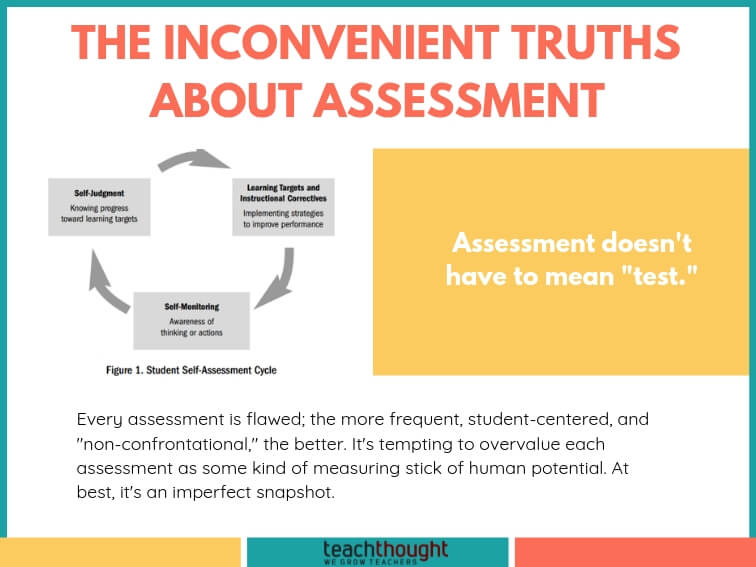Can Technology Replace Teachers? –
For starters, this is the wrong question to ask (we might consider asking instead, ‘How can technology support teachers?) but I see it come up more and more as technology both improves and disappoints in fulfilling its considerable promise–potential that ten years ago now seems naive in hindsight.
A few years ago, I approached this topic in Will Robots Replace Teachers? after doing an interview on the topic. In the post, I focused on the effects a ‘teaching robot’ might have on a classroom (an underlying assumption here being that a robot would be shoehorned into a traditional ‘classroom’ in a traditional ‘school).
“If robots replaced teachers…
…teachers can actually have time to plan.
…the robots can support and supplement teaching and assessment of learning while teachers can focus on building relationships with students, their families, and the communities they live in, contribute to, and depend on.
…teachers can work

